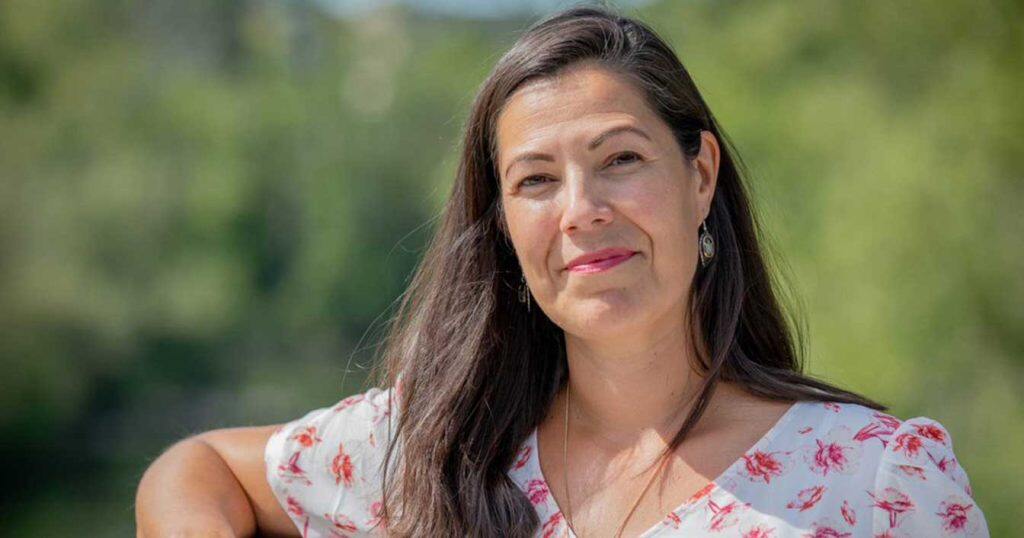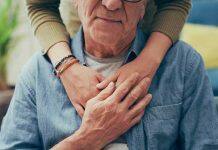The entry of Indigenous scholars in highly regarded, longstanding Canadian institutions provides the hope that these institutions may be ready to listen and understand other ways of knowing, notes Chantelle Richmond.


The associate professor in the department of geography and environment is considering the extent to which Indigenous voices are being heard or acknowledged. A member of Biigtigong Nishnaabeg (Pic River First Nation), Richmond was recently elected as a Fellow of the Royal Canadian Geographical Society.
Richmond is director of Western’s Indigenous Health Lab, Canada Research Chair, Indigenous Health and the Environment and leader of the Indigenous Mentorship Network of Ontario.
She is among a growing group of Indigenous scholars who have been integrating Indigenous ways of knowing into research, to address pressing contemporary concerns such as climate change and the shortcomings of health-care systems.
“I think any time an Indigenous person enters an institution like the Royal Canadian Geographical Society, it necessarily broadens perspectives available to the institution, and offers space for relationship to grow” said Richmond, in conversation with Western News about her entry into the RCGS and her views about how Indigenous knowledge systems are too often marginalized in contemporary scholarship.
“Considering the times we are in right now, particularly in the discipline of geography, we desperately need to open ourselves to other ways of knowing and seeing the world. In geography, Indigenous people are only just beginning to become leaders on studies about our own matters. When Indigenous people take lead on Indigenous studies, it opens possibilities for the change needed,” Richmond said.
Health-care inequities have come under greater focus during the COVID-19 pandemic. Led by Richmond, the Indigenous Health Lab engages in community-based projects that enable Indigenous communities to address their own environment and health concerns.
Richmond’s work explores and examines inequities with Indigenous communities across varying environments, and to support Indigenous solutions to them. In December 2020, she co-authored COVID-19 and Indigenous Health and Wellness: Our Strength is in our Stories, a report on Indigenous health from the Royal Society of Canada. Packed with stories written by Indigenous scholars and community advocates from across Canada, it emphasizes the deeply relational nature of Indigenous approaches to health, and the resilience that underlies Indigenous ways of living and knowing.
Richmond said her induction into the Society could be a sign of more willingness to consider diverse points of view in research methodologies and in learning. “If people are eager and ready to listen to other ways of knowing, we might begin to see change,” she said.
The Royal Canadian Geographical Society, formed in 1929, is a non-profit education organization which aims to increase knowledge and awareness about Canada, including its anthropological, cultural and natural heritage, as well concerns related to them, such as social, economic and environmental challenges.





































